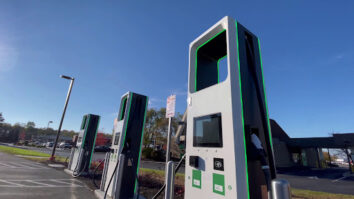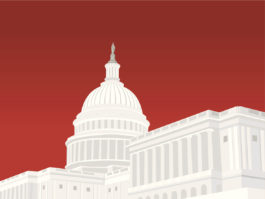Many people have read the Treasury Department’s Frequently Asked Questions. Last night Question #31 was added to the document, which addresses media coverage of several publicly traded companies that took PPP loans that may not have needed them. For those of you interested in the FAQs, here’s a link Treasury Department FAQs.
As a reminder, we advised that anyone applying for a PPP loan write a Statement of Impact prior to applying. This statement is supposed to address the issues you were/are facing as a result of the COVID-19 pandemic, state shut-downs, etc. This document may prove useful as you look to prove/defend your need for a PPP loan. If you haven’t already done so, I recommend documenting this sooner than later. I also recommend revisiting the statement you originally wrote and reviewing it with the clarity that a few weeks has offered. We’ve all learned A LOT in the past few weeks.
Our friends at Fisher Phillips wrote about this in one of their alerts yesterday. Here’s a link to their document: Fisher Phillips.
Here’s another attorney’s take that was shared with us:
- In February 2020, the SBA published a new rule for its business loan program that included a “personal resources test.” That test would have required that an applicant for a business loan “show that the desired funds are not available from the resources of any individual or entity owning 20 percent or more of the Applicant.” (13 CFR 120.102). The CARES Act’s rescission of this former regulation means that it no longer has any force or effect.
- Neither the CARES Act nor its implementing interim final rule for the Paycheck Protection Program (PPP) require a loan applicant to somehow offset the amount of its PPP loan based on sums obtained from other sources to pay salaries and benefits. Applicants must certify that they have not received a duplicative loan under the program, but they are not required to certify that they will not receive funds from other sources that potentially may be used for the same purposes. The applicant must certify that “economic uncertainty makes this loan request necessary to support the ongoing operations of the Applicant.” This is a relatively low bar to meet, consistent with the CARES Act’s purpose of providing quick relief to businesses affected by the COVID-19 crisis.
- In addition, the Treasury Department’s PPP Borrower Information sheet states: “Do I need to first look for other funds before applying to this program? No. We are waiving the usual SBA requirement that you try to obtain some or all of the loan funds from another source (i.e., we are waiving the Credit Elsewhere requirement).” The “Credit Elsewhere” requirement requires applicants to seek credit from alternative sources before obtaining a loan. The waiver of any requirement that a borrower obtain funds from other sources suggests that a borrower may obtain funds from other sources to help pay costs.
In summary, a loan applicant is not precluded from receiving payments from other sources to help pay for salaries, wages, and employee benefits, as long as a loan applicant uses the loan proceeds for authorized purposes only, e.g., payroll, mortgage interest, rent, etc. and otherwise complies with the loan requirements.
Please contact us if you’d like to review your specific circumstances.
by Barton Haag, CPA





